What is a Pension?
A pension is a smart way to save for your future when you’re no longer working. There are two main types:
- Personal Pension: You set this up yourself with a pension provider.
- Workplace Pension: Your employer contributes alongside you, usually by deducting a portion from your salary.
Limited Company Director Pensions?
Your limited company can pay contributions directly into your personal pension plan. Even better, these contributions are tax-deductible for the company!
Director Pensions: Two Types
- State Pension: A government payment upon reaching retirement age. It likely won’t be enough for a comfortable retirement, so consider a private pension as well.
- Private (Personal) Pension Scheme: Offers financial security and tax benefits.
Personal Contributions
- Made from your director’s salary through PAYE (Pay As You Earn).
- Get a 20% tax relief bonus from the government (even more for higher tax brackets).
- Limited by an annual allowance (£60,000 or your salary, whichever is lower).
Company Contributions
- Paid directly from your limited company.
- Not restricted by salary or annual allowance limits (up to your company’s annual profits).
- Treated as an allowable business expense, reducing your corporation tax bill (19% to 25% tax relief).
- Unlike salary contributions, these avoid Income Tax, National Insurance, and dividend tax.
- However, you won’t receive the 20% tax relief on company contributions.
Tax Advantages of Company Pension Contributions
- Reduced Corporation Tax: Contributions lower your company’s taxable profits, meaning less corporation tax to pay.
- Tax Relief on Both Contributions: You can claim tax relief on both your own contributions and those made by the company, potentially at your highest income tax bracket (20%, 40%, or even 45%).
- National Insurance Savings: The company avoids paying National Insurance on pension contributions (currently 13.8%).
There are some things to keep in mind:
- Annual Allowance Limit: There’s a limit on how much you can contribute each year with tax relief. As of April 2023, this is the lower of £60,000 or your annual salary.
- Lifetime Allowance (Abolished April 2024): No longer applies.
- Lump Sum Allowance & Lump Sum and Death Benefit Allowance: Limits on tax-free benefits from pensions (introduced April 2024).
- HMRC’s “Wholly and Exclusively” Test: Contributions must be seen as a reasonable business expense for the company, not just a benefit for you.
- HMRC Considerations: They’ll check factors like your total compensation (salary, benefits, dividends) and ensure contributions don’t exceed company profits.
Exceeding the Annual Allowance?
- You or your pension provider may have to pay an annual allowance tax charge on excess contributions.
Claiming Tax Relief
- Relatively easy for most people.
- Personal contributions: Pension provider claims the first 20% tax relief (relief at source).
- Higher-rate or additional-rate taxpayers claim additional relief through Self Assessment tax return.
Carry Forward Rules
- Allow using unused annual allowance from the previous three tax years.
- Useful if your earnings fluctuate or you want to invest more in your pension now.
- Check your eligibility and use HMRC’s online calculator to see if you have unused allowance
The State Pension
- Small, regular government payment upon reaching retirement age.
- Amount depends on National Insurance contributions (NICs).
- While helpful, it’s unlikely to be enough for a comfortable retirement.
The Takeaway
Limited company pension contributions are a win-win for directors and their companies. You save for retirement with tax benefits, and the company saves on corporation tax and National Insurance. A company director pension is a tax-efficient way to save for retirement. By combining personal and company contributions, you can significantly reduce your tax bill and accumulate wealth.
Seek Professional Advice
Pensions can be complex. Consider consulting an accountant, financial advisor, or tax specialist to discuss your options and develop a contribution strategy.
